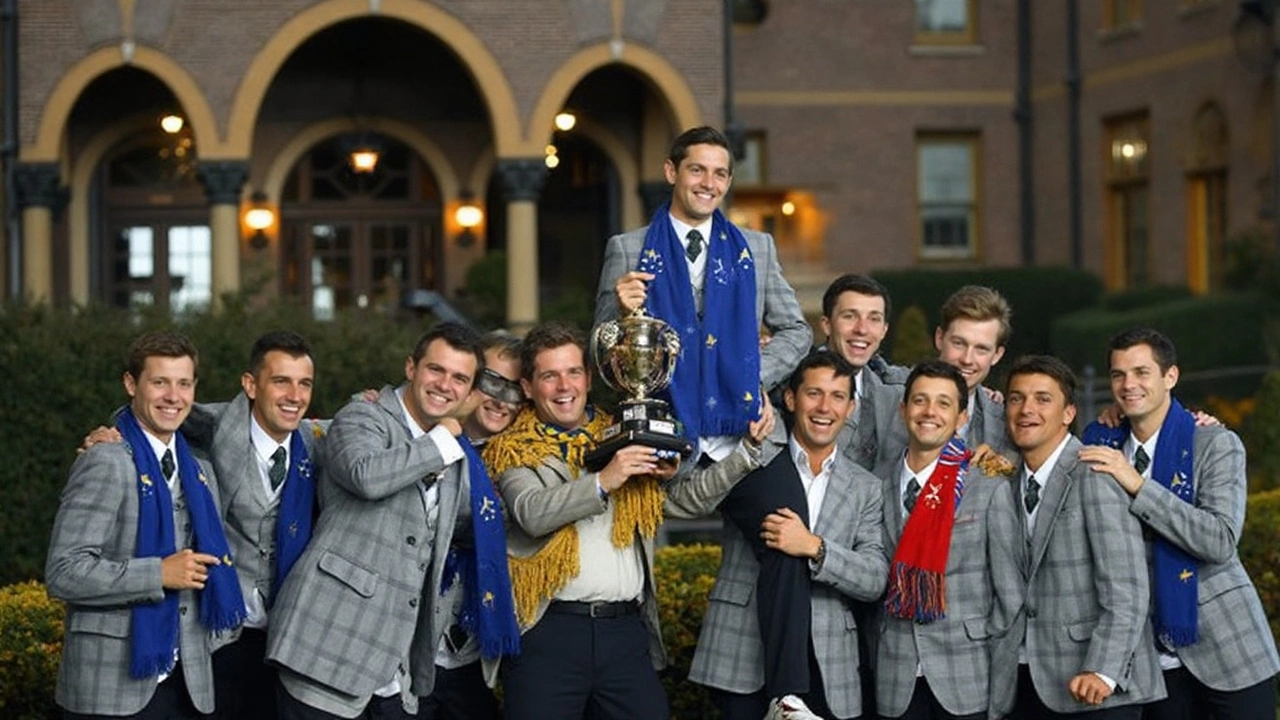The Psychological Edge: Pace, Rhythm and Concession Tactics
When a team steps onto an American course for the Ryder Cup, the first battle isn’t on the fairways – it’s in the mind. European captains teach their players to control the tempo of play, either by accelerating the round to impose a sense of urgency or by deliberately slowing it down to break the opposition’s rhythm. This manipulation of pace creates subtle pressure: a fast‑moving group can make an opponent feel rushed, while a measured pace invites doubt about timing and shot selection.
In match play, the art of concession becomes another weapon. Players often face paired putts of similar length but opposite slopes. Offering to concede both can appear generous, yet a well‑timed refusal on a straight uphill putt – statistically the most makeable – forces the rival into a tougher decision. These micro‑choices add up, shifting momentum long before the final putt drops.
- Speed up to set an aggressive tone.
- Slow down to disrupt opponent’s flow.
- Concede strategically to gain psychological leverage.
- Decline only when odds favor a higher make rate.
Historical Playbooks and Modern Evolution
The blueprint for European success abroad was first etched at Muirfield Village in 1987. Tony Jacklin’s squad shattered a 13‑0 American home record by launching a 6‑2 opening lead, winning every afternoon four‑ball match. Jacklin’s innovation went beyond shot‑making; he upgraded travel, booked first‑class flights on the Concorde, and created a private team room insulated from media and fan noise. That environment turned the group into a tight‑knit unit, primed to feed off each other's confidence.
Seve Ballesteros later amplified that spirit. Though initially labeled a “Ryder Cup pariah,” his charisma and fearless play injected a palpable belief in every teammate. When Ballesteros walked onto the course, his aura alone raised the collective expectation, making opponents uneasy.
Fast forward to today, and the strategy has grown more sophisticated. Players like Rory McIlroy double as on‑course tacticians and locker‑room catalysts. McIlroy emphasizes fundamentals – short‑game precision, aggressive but smart tee shots, and relentless communication – over trying to memorize every local nuance of a foreign layout. By focusing on universal match‑play principles, European golfers can neutralize the home team’s intimate course knowledge.
Modern captains also integrate data analytics, scouting reports and simulated practice rounds that mimic the host venue’s typical conditions. Yet they guard against over‑analysis, reminding the squad that the core of an away win still lies in confidence, unity and the willingness to embrace the crowd’s hostility as fuel.
Europe’s record – just four away wins in the modern era – underscores how rare and celebrated each triumph is. Every victory reads like a case study in psychological warfare, strategic daring and flawless execution. As future lineups prepare for the next American showdown, the playbook will continue to evolve, but the central challenge remains unchanged: turn foreign soil into a stage where Europe can finally claim home‑field dominance.
